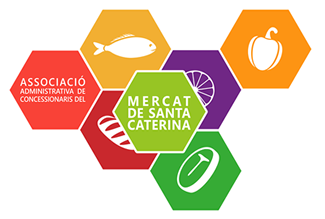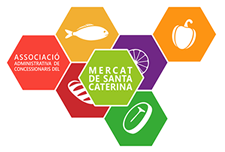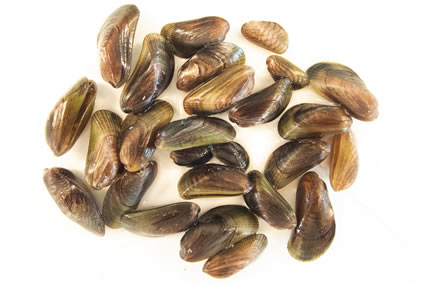Mollusc of the mussel family that receives its common name from its resemblance to the fruit of the palm tree. It is found in the Mediterranean Sea and in the more temperate eastern Atlantic Ocean.
Historically these shells are considered a delicacy, cooked and served in a broth of white wine, garlic and parsley.
Commercial Collection
The extraction of the shells requires dismantling of the rocks where they live and can lead to desertification of the coast. Several governments have restricted the collection of these shells or even made it wholly illegal, in order to protect the rocks on which they are found.
These countries include Croatia, Italy, Slovenia, France, Greece, Montenegro, and others, including participants in the Convention on the Conservation of European Wildlife and Natural Habitats (Bern Convention). and the Convention on International Trade in Endangered Species of Wild Fauna and Flora (CITES). As of 2004, its population distributed over the Turkish coastline is not considered to be under threat.








